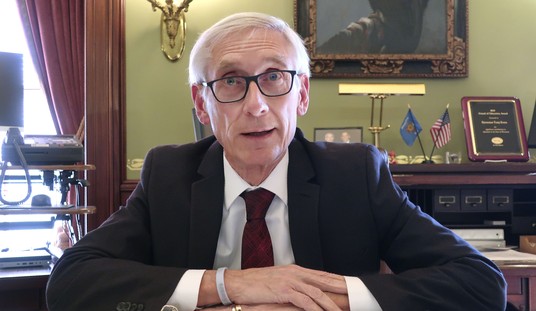While not as troubled as George Bailey from “It’s A Wonderful Life”, Bill Gates is clearly in need of Clarence’s assistance. For those who did not catch the movie this past Christmas, Clarence was the angel who reminded George Bailey how much he contributed to the world. Bill Gate’s speech at the recent World Economic Forum in Davos shows just how little he appreciates all that he has done.
Bill Gates wants businesses to be more responsive to society’s greatest concerns. Mr. Gates faults capitalism for not caring about the world’s poor and disparages the “heartless” economic system that only serves the interests of the rich. His solution is to foster a system he calls “creative capitalism”. Creative capitalism would redirect the focus of corporations away from profits towards philanthropy. For those familiar with the Corporate Social Responsibility (CSR) movement, Gates’ creative capitalism will sound hauntingly familiar – his arguments also parallel the 2008 Democratic Presidential platform, but that is the topic for another editorial.
Ironically, the life of Bill Gates exemplifies the potential of capitalism to transform the world, reduce poverty, and create wealth for hundreds of millions of people.
One of the keys to economic growth and development is productivity, or the ability to create more things with the same amount of effort. When productivity growth is strong, the economy grows faster, workers’ wages and standards of living rise faster, and the rate of job growth quickens. During the 1970’s, the U.S. economy’s productivity growth slowed. Due to the slowdown, the potential growth of the U.S. economy weakened.
The information technology (IT) revolution, of which Bill Gates and Microsoft were an integral part, helped to reverse the slowdown in productivity growth. The re-acceleration of productivity growth to its pre-1970’s levels beginning in the 1990’s is partly attributed to the full integration of the IT revolution. The U.S. economy subsequently became one of the few (if only) developed economies that is also a growth economy. Millions of jobs, wage gains, and improvements in our standards of living (for both rich and poor Americans) are directly attributed to both the IT revolution and the productivity gains that revolution created.
Recommended
Microsoft’s direct economic impact is also impressive. The company directly: created hundreds of thousands of jobs; paid billions of dollars in wages; and, through direct investments, mutual funds, or pension retirement systems, helped secure the financial goals of millions of Americans.
The benefits of the IT revolution were not confined to America’s shores either. From computer manufacturing in Taiwan and the Philippines, to the growth of skilled IT jobs in India, the IT revolution has created unprecedented opportunities and economic development across the developing world. These opportunities have lifted millions of people out of poverty and arguably have done more for economic development than the World Bank or other development NGO’s combined, whose sole raison d’être is to create the types of economic opportunities that Microsoft et al created.
Microsoft the company recognizes the important role the IT sector in general, and Microsoft in particular, plays in society. In October 2007, Microsoft released a study that documented its global economic impact. The findings are astounding. The “Microsoft Ecosystem” of companies employs 42 percent of the global IT workforce of 35.4 million people. These companies will earn more than $400 billion and invest close to $100 billion in local economies. Governments benefit too. The study estimates that employees will pay $500 billion in taxes in 2007. The study also expects these contributions to continue in the future. Globally the IT sector is expected to add 7.1 million jobs in the next 4 years, with the most jobs being created in China and the United States. Putting the expected IT job growth into perspective, the expected IT job growth is three times the expected overall global job growth.
These real tangible benefits exemplify the creativity that is the core of capitalism. Like George Bailey, the world would certainly be a worse place if not for the efforts of Microsoft and Bill Gates. Before Bill decides to deride the ability of capitalism to help the world again, perhaps he should review his own past achievements and reflect on how much better off we all are (rich and poor) because of Bill Gates.
























Join the conversation as a VIP Member